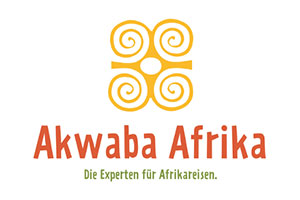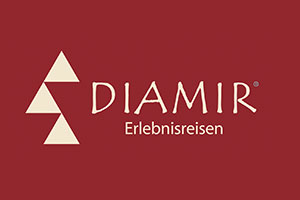Senegal
Travel tips for Senegal
Top 5 Experiences
Senegal’s enchanting landscape unfolds from Saharan sands to Atlantic shores. Highlights include:

Gore Island
Explore the UNESCO World Heritage site Gorée Island, which is well-known for its tumultuous past as a centre of transatlantic slave traffic.

Lac Retba
Discover the unusual Pink Lake, which is well-known for its pinkish-hued waters brought on by a high salt concentration and a specific kind of algae.

Dakar
Take a tour of this energetic capital city, which is a centre for culture, music, and the arts. See the Grand Mosque of Dakar, the African Renaissance Monument, and the vibrant marketplaces.

Niokolo National Park
Go on safari in one of the last significant wildlife sanctuaries in West Africa and a UNESCO World Heritage site. Numerous bird species, hippos, lions, and other animals can be spotted.

Sine-Saloum Delta
Explore this UNESCO Biosphere Reserve. Explore fishing communities, take a boat tour through the mangroves of the delta, and see a variety of birds.
Tourist infrastructure
Senegal has made significant improvements in its infrastructure, including the inauguration of the Gambia River bridge, shortening travel times between the north and south. While major roads are well-maintained, secondary roads may be in poor condition, especially during the rainy season from June to September. Traffic norms and the condition of vehicles can vary, making road behavior unpredictable. Check weather conditions before traveling and avoid overland journeys at night for safety. When using the Dakar-Gorée Island ferry or the Gambia River bridge, always carry your passport.
Accommodation: Senegal offers a variety of accommodation options to suit different budgets and preferences. In major cities like Dakar and Saint-Louis, you can find a range of hotels, guesthouses, and boutique accommodations. Additionally, Senegal’s tourist areas, such as Saly, offer well-established resorts and vacation rentals. It’s recommended to book your accommodation in advance, especially during the peak travel season, to ensure a comfortable and convenient stay.
Climate and travel season
Senegal experiences a subtropical climate. In the northern Sahel region, the annual rainy season typically spans from around July to September, while in the subtropical Casamance, it usually extends from May to October. During this period, there is a risk of floods and strong storms that can lead to temporary inaccessibility and damage in certain areas.
Visa and entry
German citizens can enter and stay in Senegal for up to three months without a visa. However, upon entry, you will typically be required to present a return flight ticket and proof of accommodation. For more details and specific requirements, you can contact the Senegalese Embassy in Berlin.
Stories
International Hotel Chains Are Driving the Hotel Boom in Africa
Frankfurt, 03 April 2024 - The "Big 5" of global hotel chains - Accor, Hilton, IHG, Marriott International and Radisson ...
Internationale Hotelketten treiben den Hotelboom in Afrika voran
ReThinking Africa Initiative setzt sich für Investitionen in Afrikas Tourismuswirtschaft ein Frankfurt, 03. April 2024. Die „Big 5“ der globalen Hotelketten ...
Voice4Africa x ReThinking Africa News March
KLEBER Group x ReThinking Africa News March 2024 Content Foreword Investment in Africa's tourism industry as a driver for sustainable ...
Our partners in Senegal
Visa, Entry, and Updates
Current accessibility
Corona precautionary measures
Status: 03.03.2022












